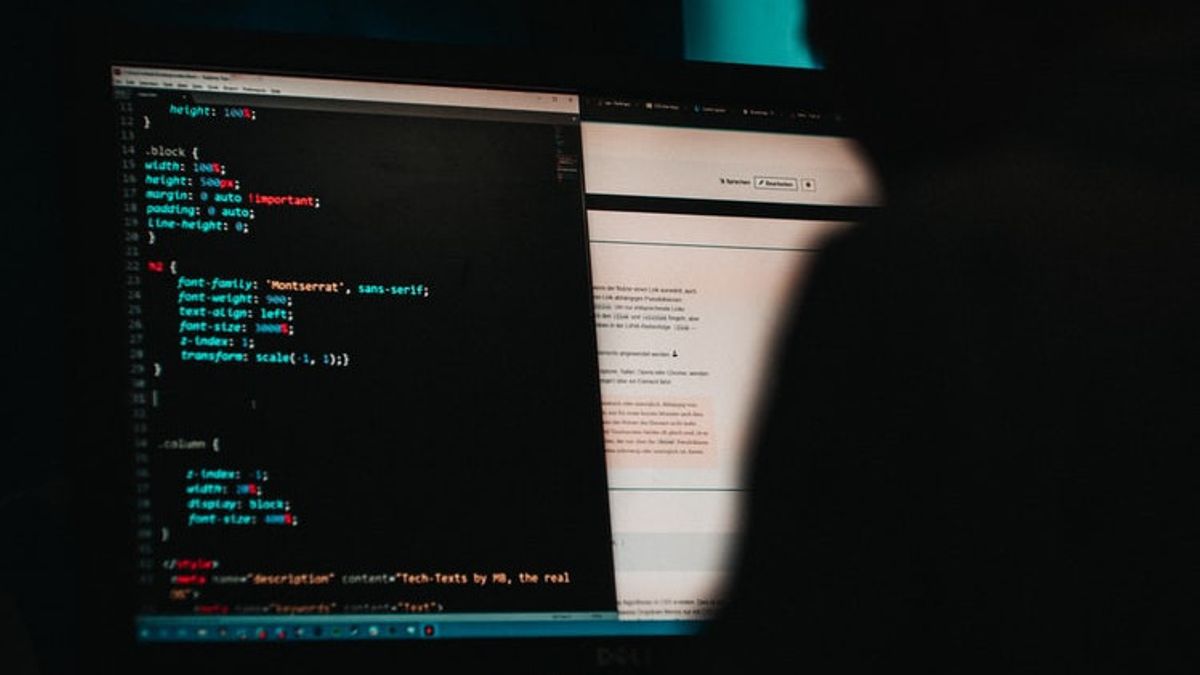JAKARTA - The Intelligence Agency of South Korea (South Korea) succeeded in thwarting North Korea's (North Korea) efforts to hack into companies developing the COVID-19 vaccine. The information comes from a report by a member of the parliamentary intelligence committee quoted by News1.
Reporting to Reuters on Friday November 27, MP Ha Tae-keung said he had been briefed by South Korea's National Intelligence Service. But the agency did not specify how many and which drug makers were targeted by North Korean hacks. There was no damage from the hack attempt.
Last week, Microsoft reported on a hacking attempt made for the Russian and North Korean governments. The hackers tried to break into the network of seven pharmaceutical companies and vaccine researchers in South Korea, Canada, France, India and the United States (US). They are targeting pharmaceutical companies that are involved in efforts to develop a COVID-19 vaccine.
The tech giant also said that it managed to temporarily block the majority of attacks. Microsoft said it had notified affected companies, but declined to give their names.
"We think this attack is senseless and should be condemned by all civilized societies," said Tom Burt, Microsoft's head of security and customer confidence, in a blog post.
Citing TechCrunch, the tech giant blamed the attacks on three different groups of hackers. The Russian group, called Microsoft Strontium but better known as APT28 or Fancy Bear. Russia uses password-spraying attacks to target their victims, which often involve passwords being recycled or reused.
Fancy Bear may be notorious for its disinformation and hacking operations ahead of the 2016 presidential election, but the group has also been blamed for a series of other high-profile attacks on media outlets and businesses.
Two other groups are supported by the North Korean regime, one of which is called the Zinc but is better known as the Lazarus Group. They use spearphishing emails posing as recruiters in an attempt to steal passwords from their victims. Lazarus has been blamed for the Sony hack in 2016 and the WannaCry ransomware attack in 2017, as well as other malware-driven attacks.
In July, Chinese-backed hackers were also accused of targeting biotech firm Moderna, a leading US developer of COVID-19 vaccine research. Earlier this month, Moderna said its vaccine had proven 94.5 percent effective in large-scale trials.
The hacking attempt in South Korea came to light as the country grapples with a third wave of the pandemic. As of Friday 27 November, 569 new cases were reported, the second day in a row that COVID-19 cases have increased by more than 500 cases.
However, the death rate remains low with one more death reported, bringing the total number of deaths overall to 516, the lowest among developed countries.
The English, Chinese, Japanese, Arabic, and French versions are automatically generated by the AI. So there may still be inaccuracies in translating, please always see Indonesian as our main language. (system supported by DigitalSiber.id)













